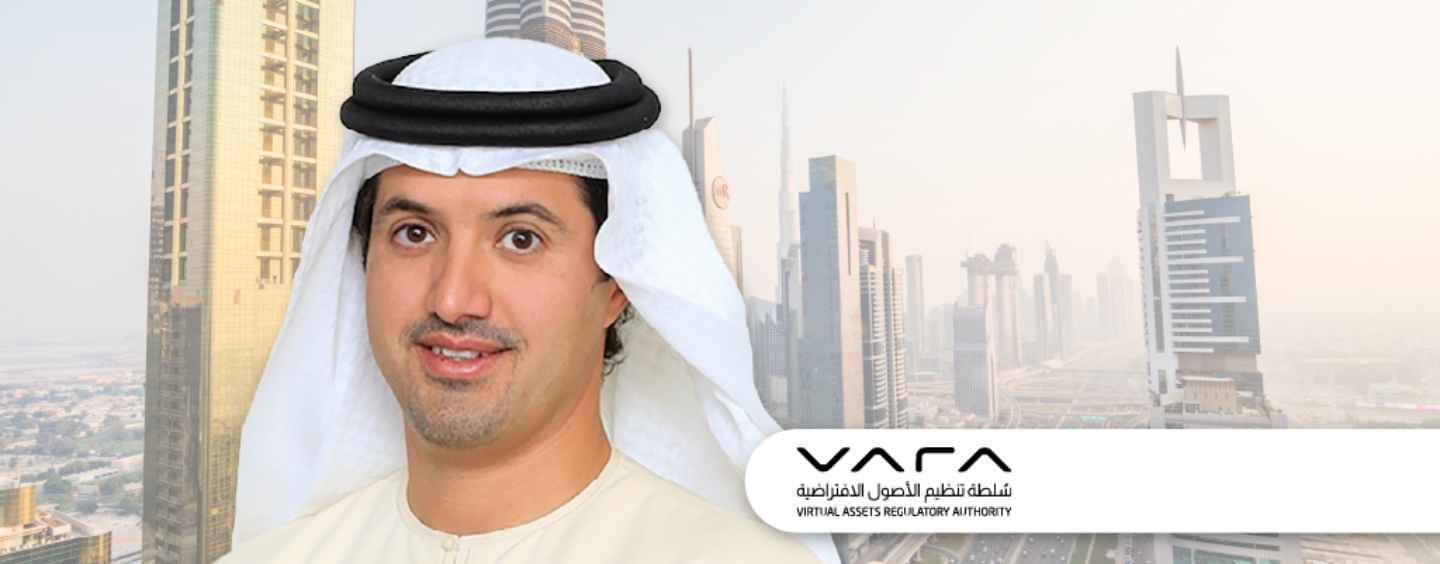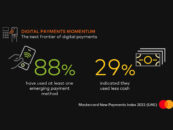
Dubai New Virtual Assets Framework Aims to Establish Emirate as Global Blockchain, Crypto Leader
27. February 2023The government of Dubai has released its Virtual Assets and Related Activities Regulations 2023, a new set of rules targeting digital asset activities. The regulations are part of an ongoing effort to establish the emirate as a world leading hub in blockchain technology and virtual assets.
Issued on February 07, 2023, the framework is designed to offer regulatory certainty and falls under Dubai’s D33 Economic Plan, which has set out for the emirate to become “the capital of the future economy anchored by the metaverse, artificial intelligence (AI), Web3.0 and blockchain,” said Helal Saeed Almarri, director general of Dubai’s Department of Economy and Tourism, and chairman of the executive board of the Virtual Asset Regulatory Authority (VARA).
The framework mandates “gold-standard risk assurance” and anti-money laundering standards to be applied by licensed virtual asset businesses within Dubai and sets out a phased licensing process.
The process starts with a Provisional Permit, followed by a Minimum Viable Product (MVP)-Preparatory license and then a MVP-Operating license. The MVP-Operating license permits the licensee to provide regulated services or activities to their specifically authorized market segments.
The process then culminates with the Full Market Product (FMP) license, which gives the licensee the green light to serve mass retail consumers.
All entities looking to carry out any virtual asset activity in Dubai are now required to seek authorization from VARA and get a license, the regulator said. Large proprietary traders must also register with VARA provided that they invest in virtual assets at or above US$250 million equivalent during any rolling 30 calendar days period.
So far, VARA, which is responsible for regulating Dubai’s virtual asset sector, excluding the Dubai International Financial Centre (DIFC), and for issuing operating licenses to virtual asset service providers, has only granted Provisional or MVP-Preparatory permits.
Hex Trust and Komainu, two custody providers, and Binance, the world’s largest cryptocurrency exchange, are the most advanced companies in the licensing process, having all three secure a MVP-Preparatory permit.
24 other companies, including BitOasis, the first and largest crypto platform from the Middle East; Crypto.com, a crypto exchange company based in Singapore; and the Amber Group, a diversified crypto finance firm worth US$3 billion, have been granted Provisional permits.
Looking at the activities these companies are involved in, data show that management and investment is currently the most prevalent category in the emirate, with eight companies having been granted a Provisional permit.
Management and investment is followed by exchange services (six companies), as well as virtual asset issuance and broker-dealer services (five companies each).
Only one company, namely Zamp, is looking to provide virtual asset payment and remittance services, while no company so far has shown interest in applying for regulatory approval to offer advisory and lending/borrowing services.
In addition to the licensing process, Dubai’s new virtual asset framework also lays out several rulebooks for licensed companies to comply with:
- The Company Rulebook, which instructs how companies and their governance must be structured and managed, and sets out requirements relating to environmental, social and governance (ESG) disclosure, capital, and more;
- The Compliance and Risk Management Rulebook, which set out principles for regulatory compliance, record keeping and audit, risk mitigation as well as employee management and training requirements;
- The Technology and Information Rulebook, which details the systems and controls required from licensed virtual asset companies to address technology risks and ensure data protection; and
- The Market Conduct Rulebook, which sets out requirements aimed at protecting consumers, investors and the public, and enable market transparency.
Seven activity-specific rulebooks complement these four mandatory rulebooks. These rulebooks cover key virtual asset activities, namely advisory services, broker-dealer services, custody services, exchange services, lending and borrowing services, payments remittances services, management and investment services, and virtual asset issuance.
VARA said all licensed virtual asset service providers are obliged to comply with each of the rulebooks that correspond to the activities they are licensed to carry out.
In March 2022, Dubai adopted the Virtual Assets Regulation Law to regulate the virtual asset industry in the emirate, including special development zones and free zones, but excluding the DIFC. The law established VARA to develop these rules, oversee the sector and promote the local virtual asset scene.
Striving to become a leading crypto and blockchain hub, Dubai has announced over the past couple of years a series of initiatives aimed at attracting global leaders and fostering innovation.
In 2016, it released the Dubai Blockchain Strategy, a plan that seeks to use blockchain for all government documents. This was followed in 2019 with the launch of the Unified Business Registry Platform (UBR), a blockchain-based platform that stores and updates data related to businesses registered in Dubai. Most recently, the emirate shared its ambition to become one of the world’s top 10 metaverse economies through its Dubai Metaverse Strategy.
At the federal level, the central bank is looking to issue a digital version of the United Arab Emirates (UAE)’ dirham as part of a finance modernization effort. The central bank digital currency (CBDC), which was announced on February 12, 2023, is meant to be used for both domestic and cross-border payments and is one of the nine initiatives under the central bank’s newly unveiled Financial Infrastructure Transformation Program.







No Comments so far
Jump into a conversationNo Comments Yet!
You can be the one to start a conversation.